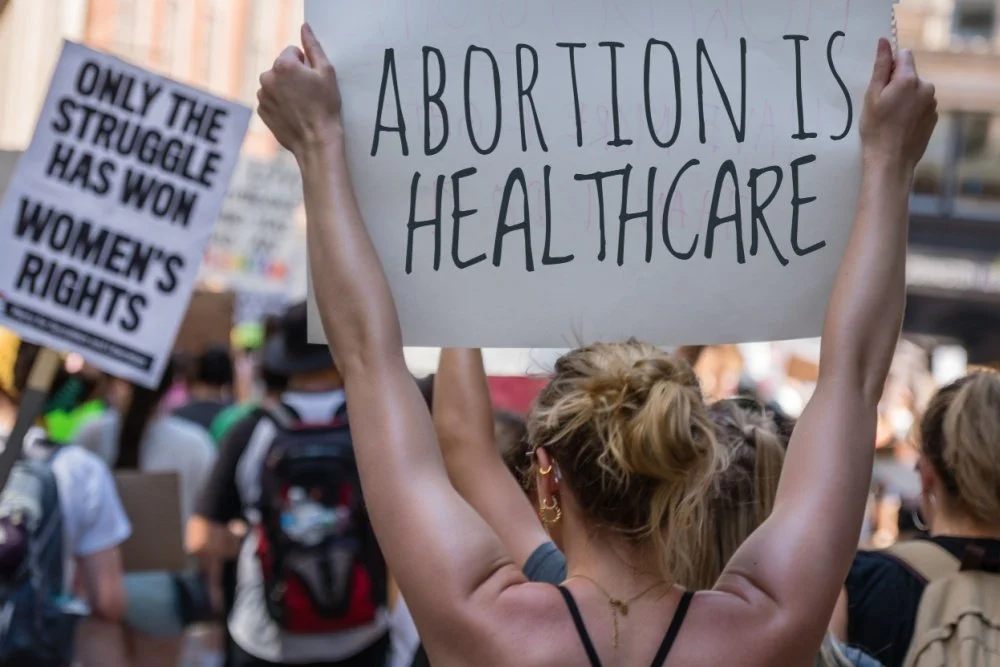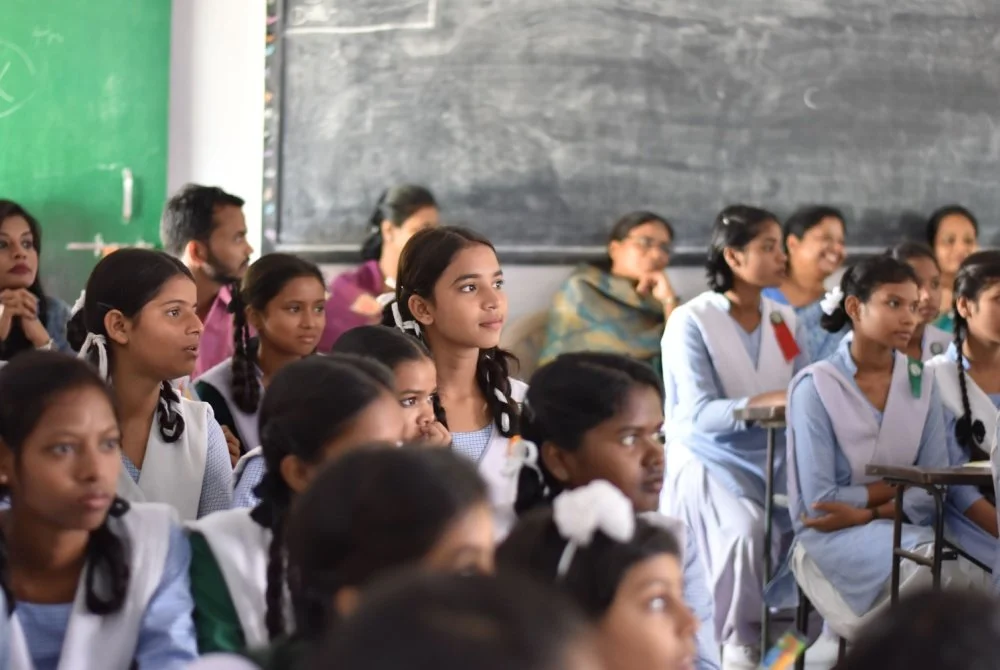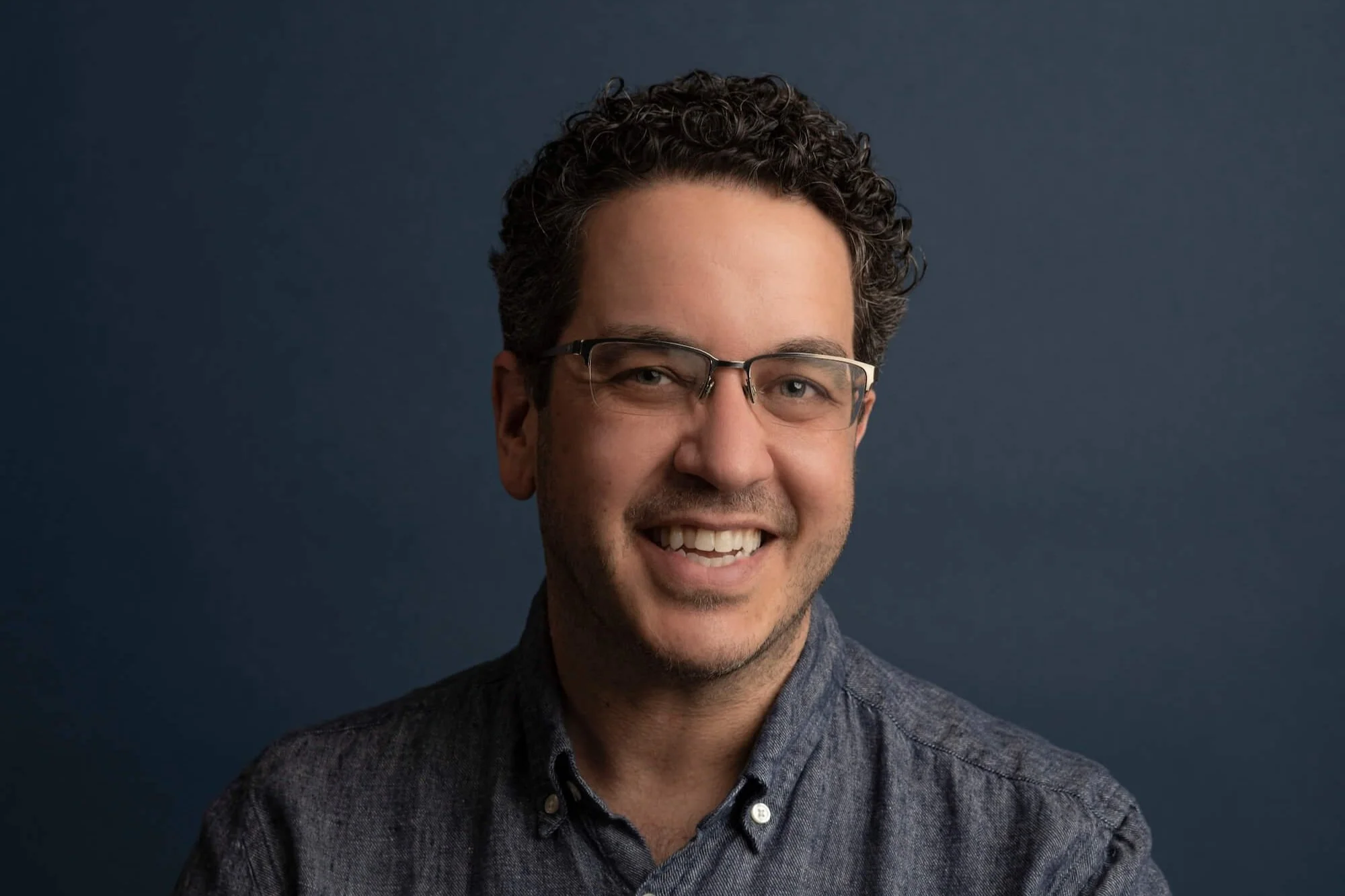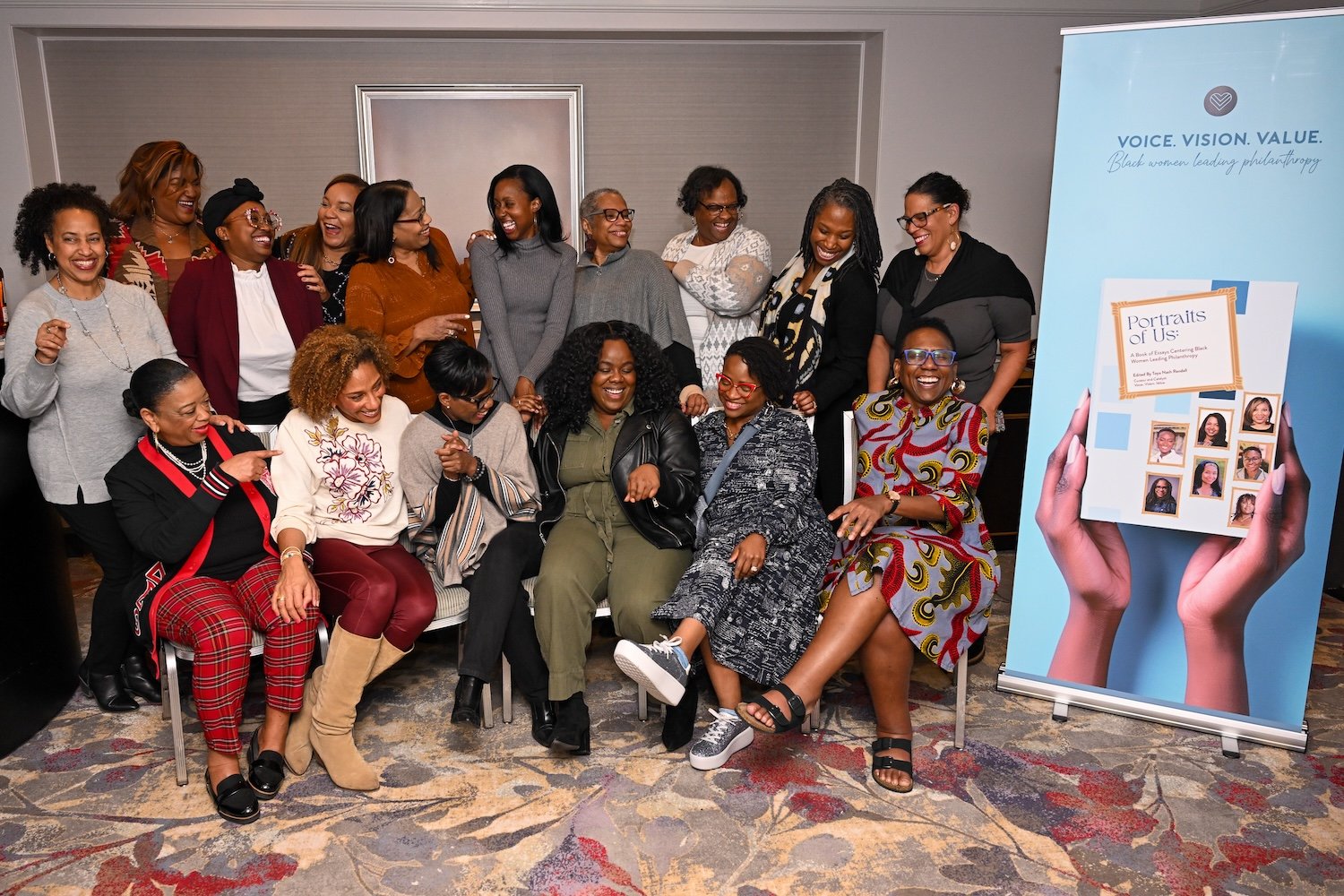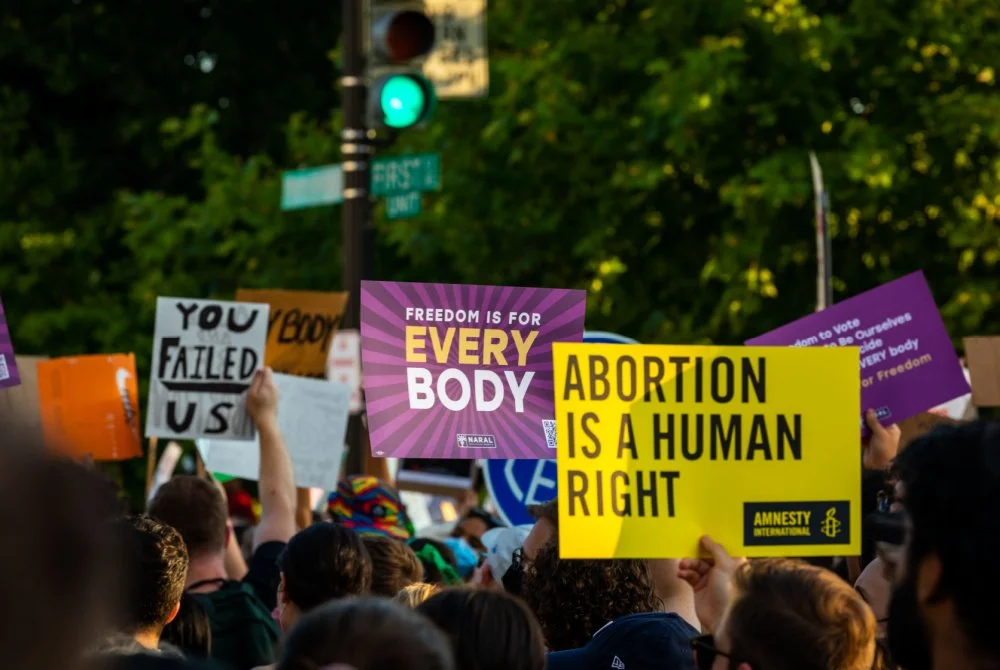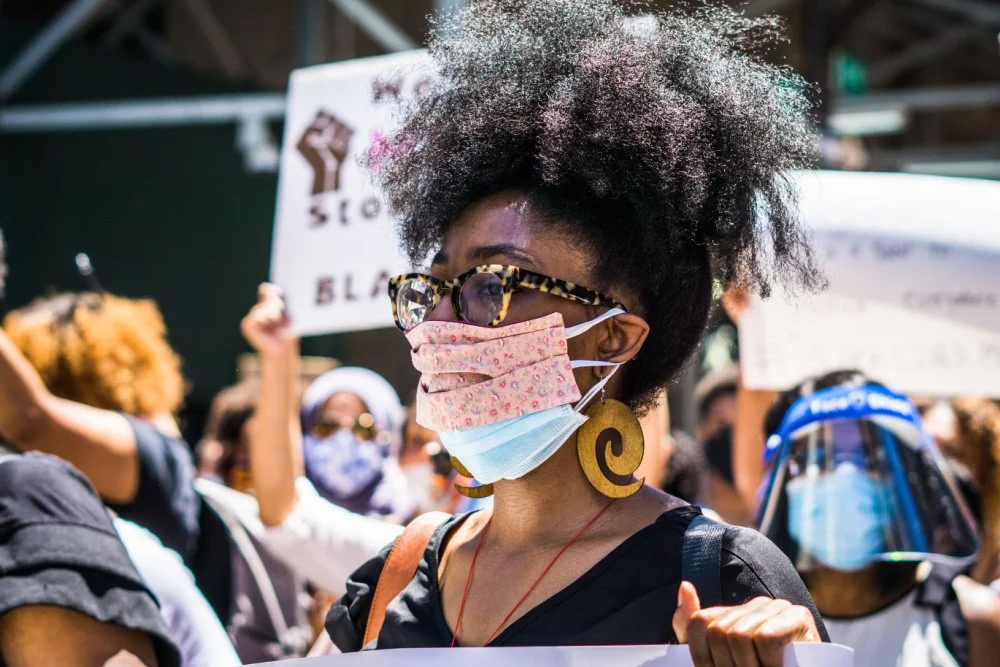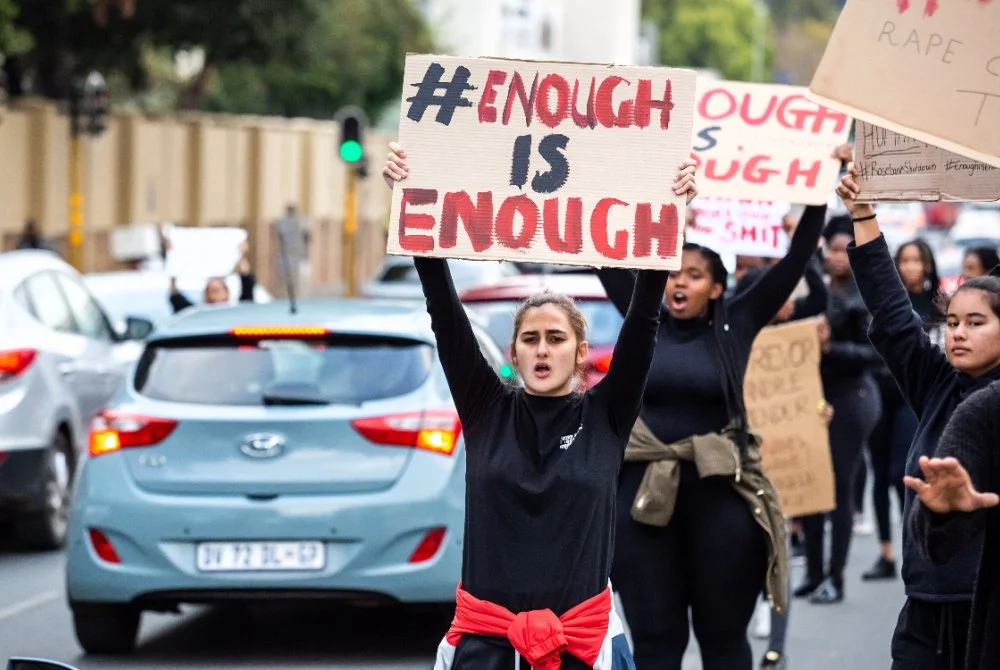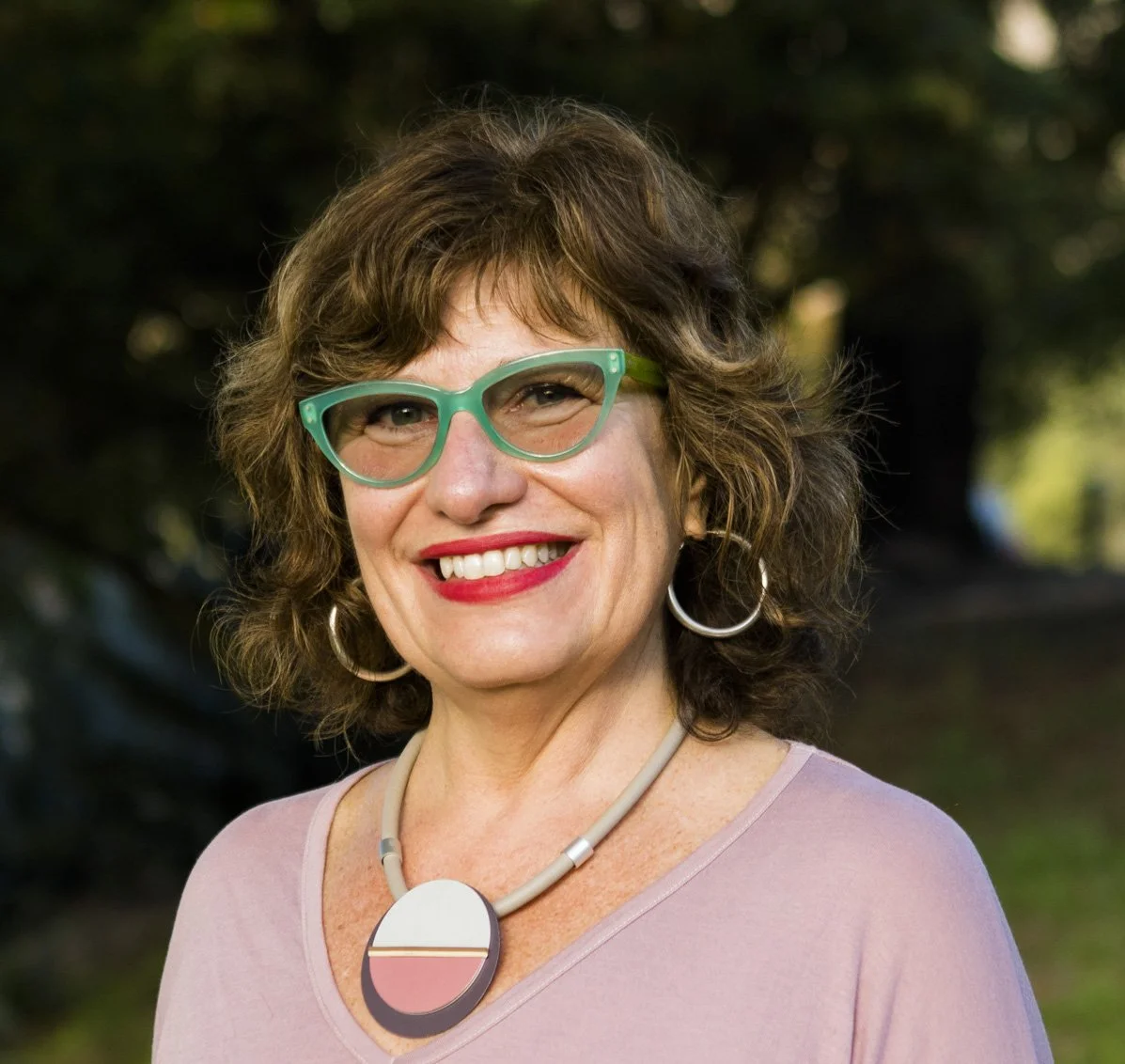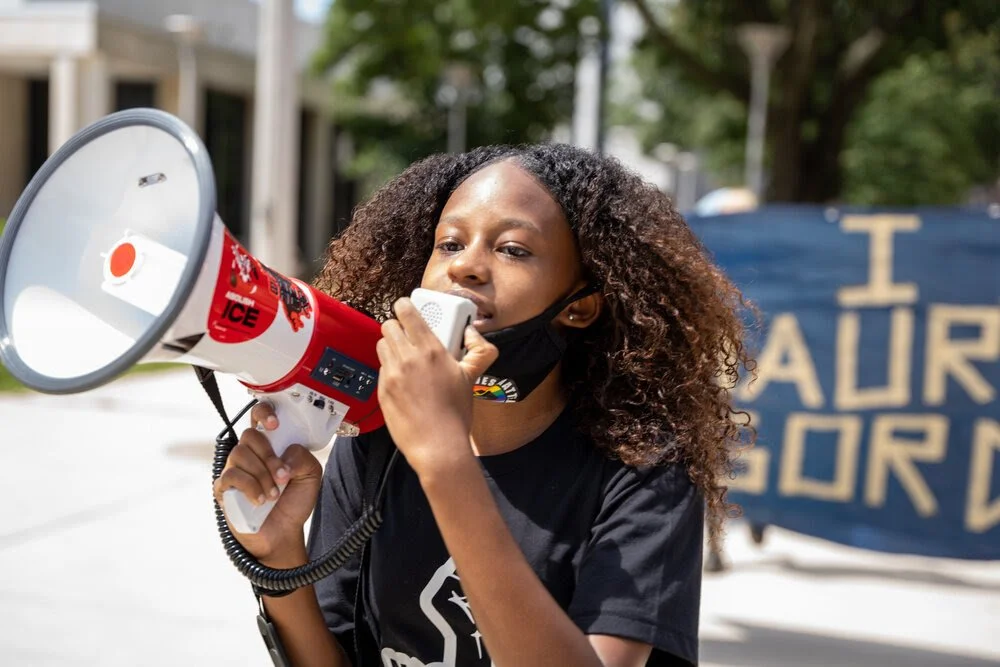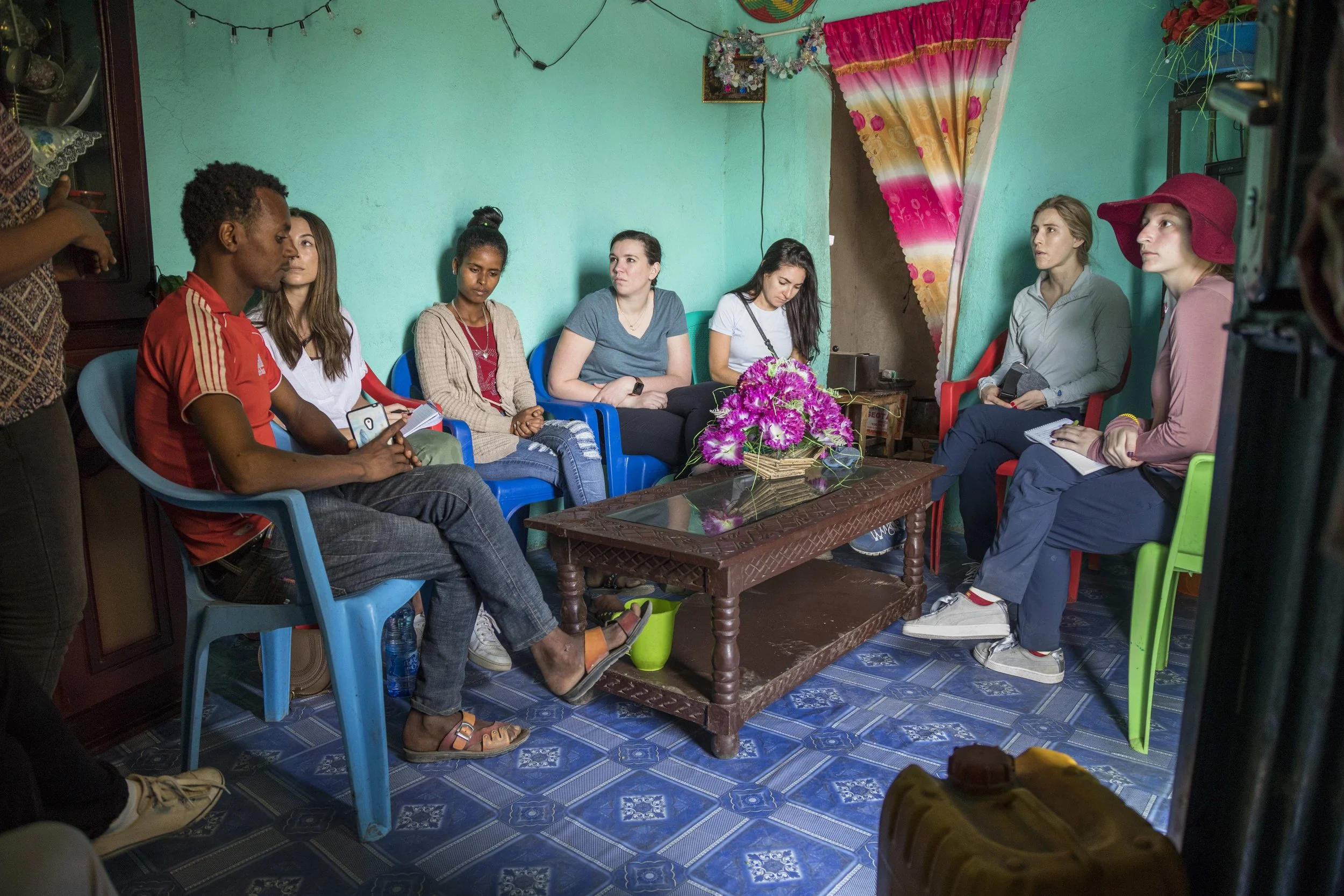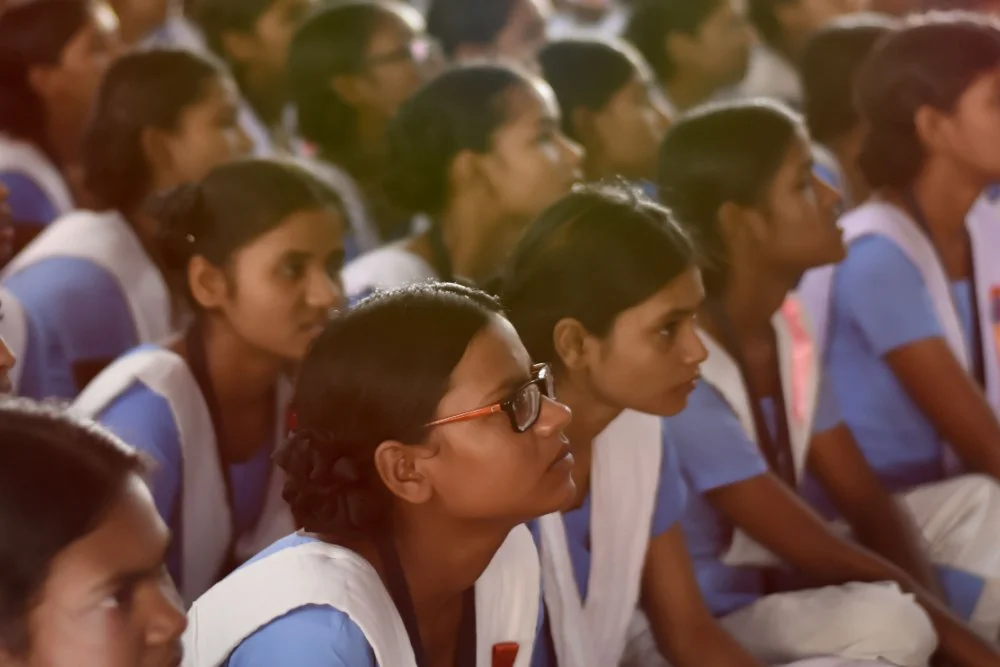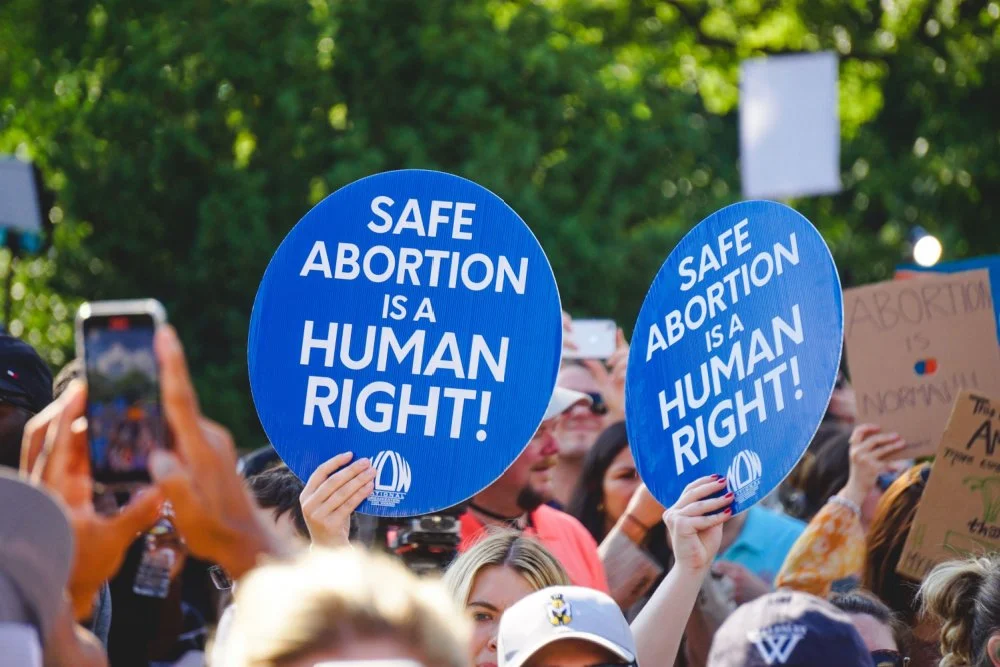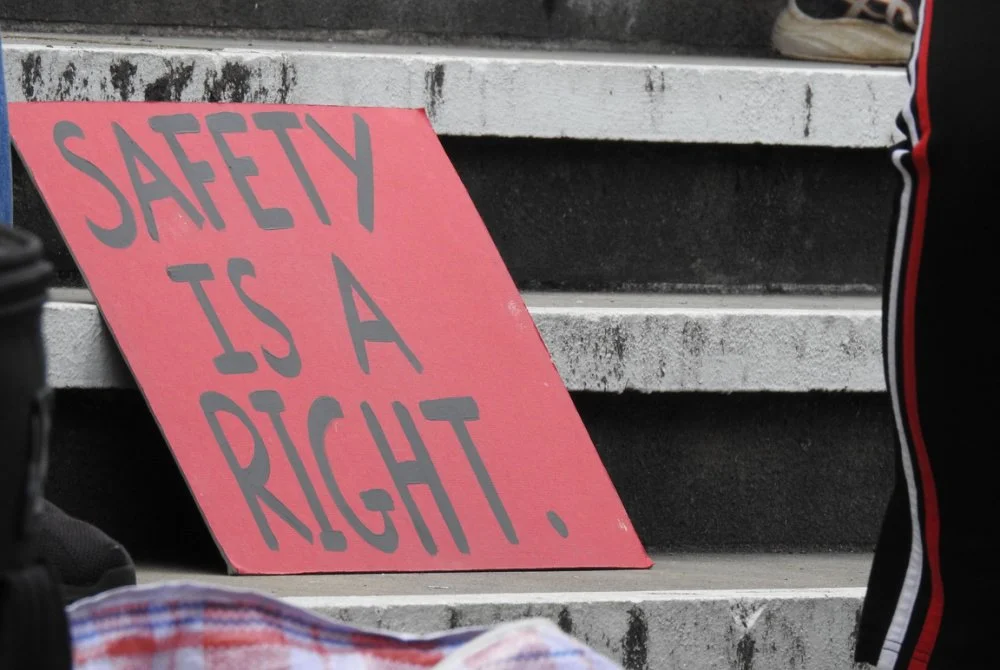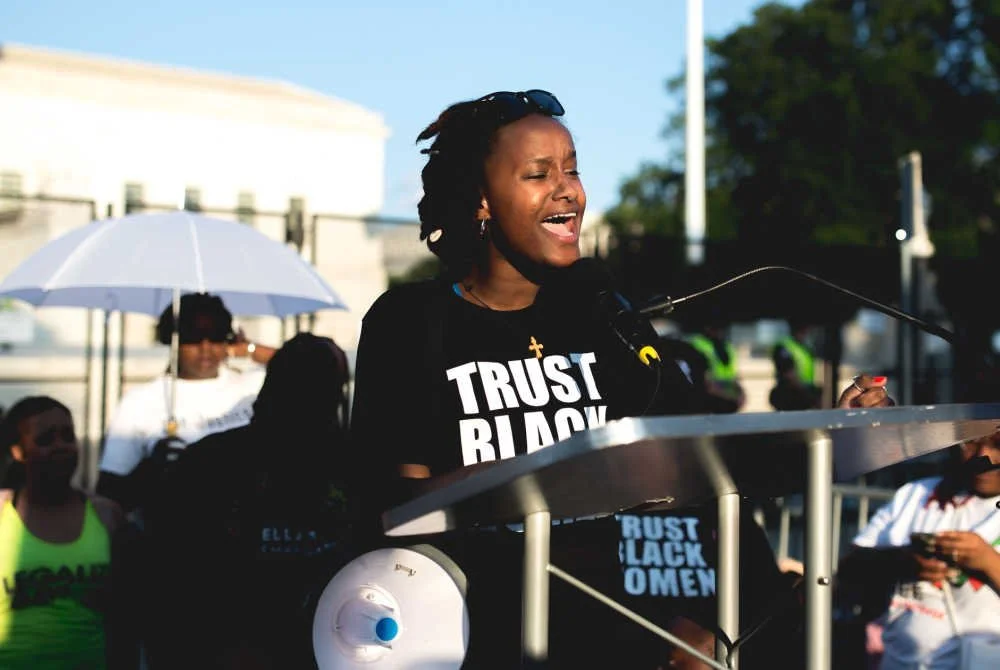Setting a New Standard: How a Community Foundation Is Taking on Sexual Violence
/photo: Amy Myers/shutterstock
In Connecticut, a foundation-backed effort has been launched to reduce sexual violence in Fairfield County. The initiative, a partnership with local nonprofits in the field, comes as the #MeToo movement continues to spotlight a problem that’s pervasive in the United States and globally.
The new Sexual Violence Prevention Collaborative of Fairfield County was catalyzed by the Fund for Women and Girls, which is based at the Fairfield County’s Community Foundation (FCCF) and is the biggest women’s fund in New England. The collaborative is beginning the work with a focus on youth athletics and initial grant funding of $100,000.
This is the latest in a smattering of efforts by funders to take on sexual misconduct and violence, a problem that reflects gender norms and inequities that are often deeply entrenched. As Ana Oliveira, the president and CEO of the New York Women’s Foundation, said earlier this year: “We are being exposed to individual behaviors, but we know the culture of those institutions and the culture at large have condoned those individual behaviors. Not only condoned, but enabled.”
Youth sports is a promising potential leverage point for philanthropy. FCCF Fund for Women and Girls Director Tricia Hyacinth tells Inside Philanthropy that trainings and curricula will be developed to help leaders in the youth sports community “increase their capacity for talking about sexual violence and knowledge of supportive resources. Moreover, these leaders, who are influential figures, will set the standard for socially acceptable and prosocial behavior for students.”
Sports professionals from nearly 60 public and private schools in Fairfield County along with those from town-level youth sports programs will take part in this new initiative called Coaches as Partners. By working with and training coaches and young athletes, the cohort aims to prevent assaults from ever happening. It identified athletic directors, coaches and others adult leaders in sports as people with a strong influence on the behavior of the youth with whom they work.
FCCF’s partners in this project provide a variety of services relating to sexual violence, including prevention education and trainings for people from early youth to late adulthood, diverse social programs for the LGBTQ community, 24-hour free supports for survivors, counseling, shelter, fitness activities, housing navigation, and more. They include the Center for Family Justice, the Center for Sexual Assault Crisis Counseling and Education, Triangle Community Center, the Women’s Center of Greater Danbury, and YWCA Greenwich.
According to the U.S. Centers for Disease Control and Prevention, nearly one in five women and one out of every 71 men report experiencing rape at some point. When sexual violence other than rape is included, the percentages naturally rise. Childhood and teen years are a crucial time to prevent sexual assault. About 42 percent of female rape victims were first raped before age 18. And approximately 12 percent of female rape victims and more than 27 percent of male rape victims were first raped when they were age 10 or younger. And as we know, many abuses go unreported.
While women and girls experience higher rates of sexual violence than men and boys, this collaborative seeks to engage “coaches and athletic directors working with student athletes who identify as male, female, non-binary and transgender,” says Hyacinth. She adds that “the entire community needs to be involved in prevention efforts and that includes engaging all athletes and coaches, regardless of their gender identity.”
Also, while this program focuses on training adults working in youth sports to prevent assault, it’s worth noting that coaches themselves have repeatedly been found to be harming youth both directly and indirectly by failing to report. This issue has spurred action at the federal level—in February 2018, the Protecting Young Victims from Sexual Abuse and Safe Sport Authorization Act of 2017 was signed into law, which, in part, extends abuse-reporting requirements in youth sports. So an initiative engaging youth athletic staff around these topics seems appropriate for many reasons.
“[Coaches] often serve as mentors or parental figures, and as role models, they can impact the development of character, leadership skills, and the goals of student athletes,” the foundation states. Bystander intervention skills will also be a central focus of the project. The collaborative hopes to imbue athletic coaches and directors with a new understanding of the role they can play in preventing assaults and to give them common terminology along with practical tools and resources that will help them in these efforts.
Finding the right words to counteract and discourage violence is also a key factor for organizations that specifically focus on empowering men to end violence against women. Ted Bunch, chief development officer and co-founder of one such nonprofit, A Call to Men, previously told us:
While the overwhelming majority of violence against women and girls is men’s violence, the overwhelming majority of men are not [violent], but we’re silent about the violence other men perpetrate. Men want the respect of other men, so we need to help men to find the language to hold each other accountable.
The team of nonprofit service providers involved in this undertaking decided to value and integrate the wisdom of local youth sports professionals. A design phase is currently underway, during which focus groups of athletic staff will build the curricula. By including some of the people who will benefit from this undertaking in the creation phase, this foundation is including listening and community participation as a key step. As we’ve reported, listening, sharing and openness are powerful strategies that are gaining recognition in philanthropy, seen in #MeToo-related programs backed by women’s funds and expansive funder collaboratives like the Fund for Shared Insight.
And this Sexual Violence Prevention Collaborative is another example of the cooperative models that we are seeing more of in philanthropy, including between multiple grantees and a grantmaker, as in this situation, between multiple funders, as is the case with the Family and Interpersonal Resilience and Safety Transformation Fund (FIRST Fund) that is addressing sexual violence in Chicago, or in some other configuration. FCCF hopes that each member organization will benefit from the others’ expertise and established community connections.
Vice President of community impact Mendi Blue-Paca said:
Appreciating that both funders and grantees can accomplish more together than alone, as a part of the foundation’s 2018-2021 Strategic Plan, FCCF identified collaboration as one of our core values… this unique funding initiative brings the value of collaboration to light and most importantly will enable our grantee partners to increase and scale their impact through partnership.
The Sexual Violence Prevention Collaborative plans for the Coaches as Partners training to start in November, with implementation, monitoring and evaluations ongoing during the school year. FCCF feels this project “has the potential to serve as a model for educating interscholastic youth communities across the state and across the country.”
The Fairfield County’s Community Foundation gave away over $17 million in grants in 2017, and its main goal is to close the opportunity gap in Fairfield County—an economically and racially diverse area—by addressing disparities in the broad areas of income, education, employment, housing and health. As we reported, it also recently forayed into voter engagement, a somewhat unusual undertaking for a community foundation, many of which largely shy away from politics.
Regarding this choice, Blue-Paca told us, “Grantmaking is critical, but that’s just one lever. You have to look at the big picture, at the systems that impact the challenges communities face.”


